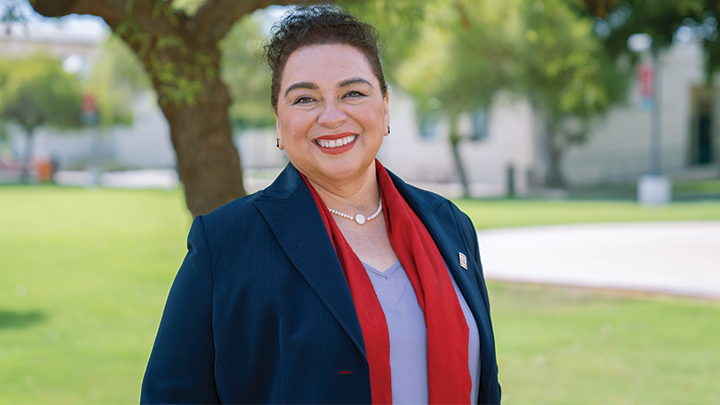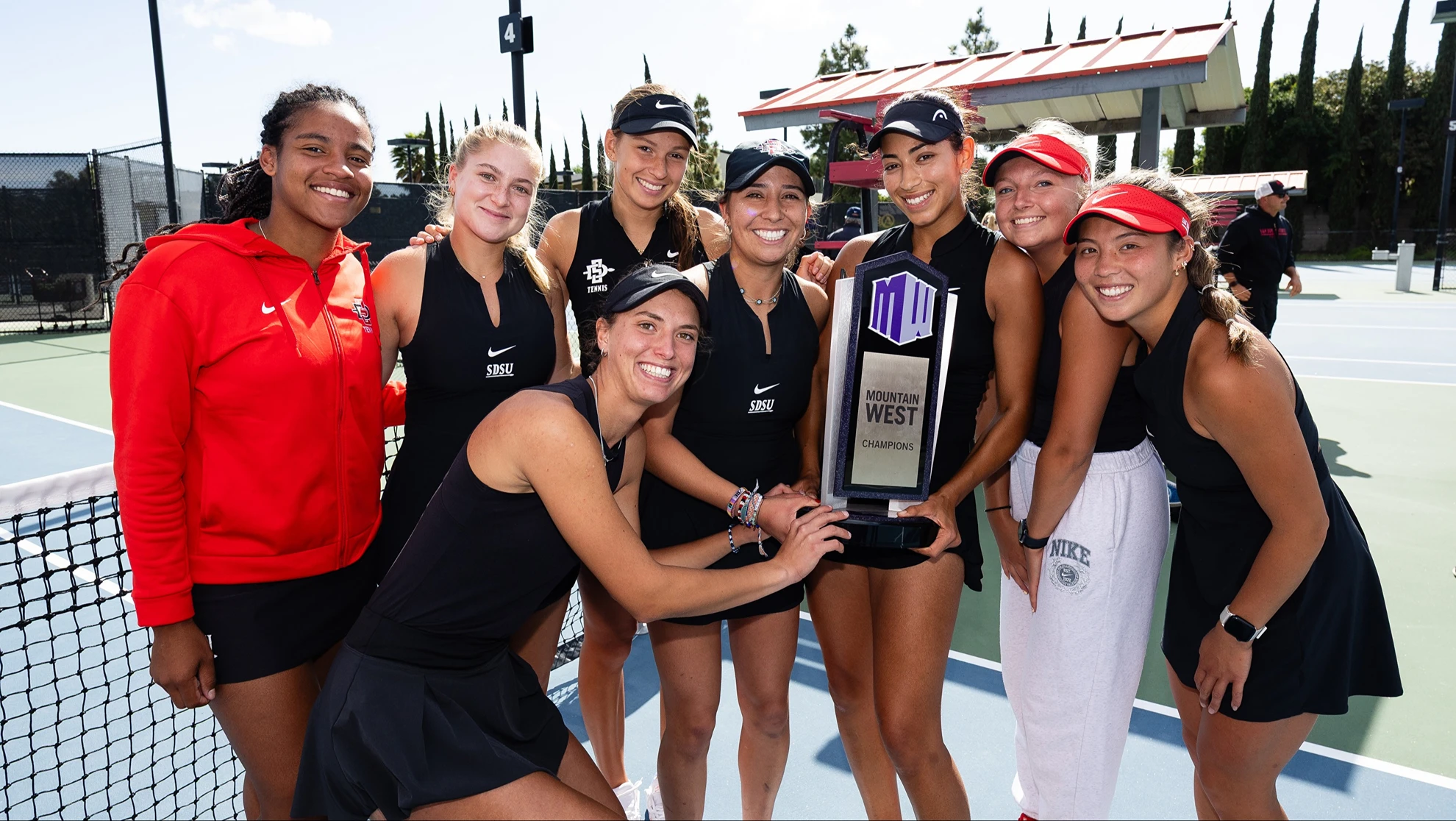SDSU Imperial Valley dean joins Smithsonian Women's History Museum Scholars Committee
Guillermina Gina Nuñez-Mchiri brings her 20 years of expertise around colonias, rural communities and Mexican American culture in the U.S. - Mexico border.

In her 20 years of research in Mexican American colonias and rural communities, Guillermina Gina Nuñez-Mchiri, SDSU Imperial Valley dean, has attributed women as the backbone of advancement and advocacy.
Now, her expertise will bring a new perspective as she joins the committee of scholars for the Smithsonian American Women’s History Museum.
It’s one of two new museums at the Smithsonian, along with the National Museum of the American Latino, established under legislation passed in 2020. The museum, which already has an online presence, is working with Congress to finalize the site for a building.
The 15 researchers and leaders from across the country will help provide input to gather and document the experiences of women from across the U.S. through exhibitions, public programs, research initiatives and education resources. The committee held its first meeting in March in honor of Women’s History Month.
“Based on my journey as a first-generation Mexican American graduate and as a daughter of farm workers, I’ve seen firsthand the ripple effects of women’s contributions in small rural communities and how they have influenced bigger movements,” said Nuñez-Mchiri. “And, as an anthropologist, I hope to bring the rich history of women across the southwest region of the country and of the border whose voices were never heard or acknowledged.”
The committee was invited to Washington, D.C. to visit the National Museum of African American History and Culture, where they learned about African American women who made an impact in early American history and society. There, the committee also met with key partners and leaders from the National Museum of African American History and Culture.
As the only Latina scholar in the committee, Nuñez-Mchiri said it is key to be intentional with the information, history assets and stories each of the scholars bring as they may pertain to their own background and experiences. Together, the committee will review exhibitions and long-distance learning and digital-engagement initiatives.
“In rural communities, women have often been the ones who heal others, care for their elders, and the ones who come together as a collective group to move forward their communities,” said Nuñez-Mchiri. “Women have always put others first, but now it is time to pay it forward and give them the platform and the advocacy they need to mark their contributions in U.S. history. It’s a museum that’s long overdue.”



